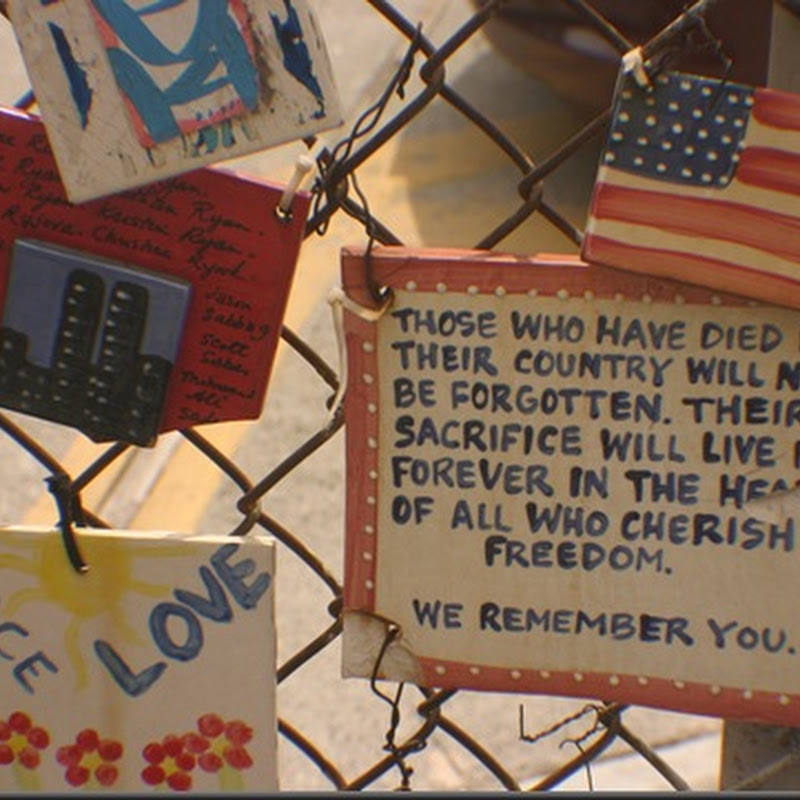
** Some more bits as not reported by El Beeb...
Iraqi army soldiers secure Sadr-Yusufiyah
BAGHDAD, Iraq – Soldiers from the 6th and 9th Iraqi Army Divisions, supported by Multi- National Division – Baghdad Soldiers, conducted one of the largest operations of the past six months to gain control of a terrorist stronghold south of Baghdad.
Operation Glory Light was designed to deny terrorists sanctuary and preempt enemy attacks in the Baghdad area.
The operation began in the early morning hours of March 2 when the soldiers of 3rd Battalion, 1st Brigade, 6th Iraqi Army Division, and 1st Battalion, 502nd Infantry Regiment, 2nd Brigade Combat Team, 101st Airborne Division Soldiers air assaulted into the Sadr-Yusufiyah area.
Following the air assault, the Soldiers were attacked by indirect and small-arms fire. They also discovered a roadside bomb.
Soldiers from the 6th and 9th IA Divisions then moved into position to clear, search and secure roads and houses in the town. From March 5-6, the 9th IA Div. uncovered nine weapons caches, consisting of 131 mortar rounds, nine 50mm mortars, 17 rockets, two rocket-propelled grenade launchers, six AK-47 rifles, two BKC machine guns and a large amount of bomb-making materials.
The operation lasted for one week.
In total, the combined efforts of the Soldiers resulted in the discovery of 26 roadside bombs, two vehicle-borne improvised explosive devices and 15 weapons caches.
The operation also involved seven engagements with the enemy resulting in the detention of 16 suspected terrorists, two terrorists killed and one wounded.
Through the hard work and determination of each Soldier involved in the operation, the town of Sadr-Yusufiyah is now secured by Iraqi forces and supported by Soldiers from the 2nd BCT, 101st Abn. Div.
IA, MND-B Soldiers find weapons caches
BAGHDAD - Iraqi and Multi-National Division – Baghdad Soldiers found several weapons caches while on patrol March 8 near the Euphrates River , southwest of Baghdad .
Soldiers from the 4th Brigade, 6th Iraqi Army Division, found weapons caches consisting of a total of 1,100 pounds of high-explosive material, nine 155 mm artillery rounds, one 172 mm round, one 190 mm round, three foreign-made .50 cal. machine guns and a large amount of .50 cal. link ammunition.
Nearby, Soldiers from MND-B's 1st Battalion, 67th Armor Regiment, 2nd Brigade Combat Team, 4th Infantry Division, found caches containing items used to detonate roadside bombs.
The first cache consisted of 30 antenna kits, 500 relays, 1,000 transistors, one Kenwood charger, three Kenwood batteries, one cell phone and 56 two-way radios.
The second cache consisted of eight radios, 95 relays, two remote control timers and two bags of bomb-making material.
Trivia: Women comprise 25% of the Iraqi Parliament, which is the highest proportion in the Arab world and one of the largest percentages worldwide.
WASHINGTON - Multiservice U.S. special operations forces are at the tip of the spear in the war against global terrorism, a senior DoD official said on Capitol Hill today.
America's special operators continue "to play a leading role in our nation's current campaigns" against international terrorists at far-flung battlefields in Afghanistan, Iraq and other locales, Thomas W. O'Connell said in remarks prepared for delivery to the House Armed Services Committee.
Terrorists in these places are being given a drubbing by U.S. military and allied forces, said O'Connell, assistant secretary of defense for special operations and low-intensity conflict. However, the terrorist networks remain dangerous and are expected to "migrate to places where they can survive, operate and grow" among the more isolated and ungovernable places in the world, he said.
A key challenge then for U.S. Special Operations Command, headquartered in Tampa, Fla., O'Connell said, "is to develop counternetworks to monitor, isolate, disrupt and destroy hostile (terrorist) elements."
The command has already started this process, he said, through the use of liaison elements, interagency intelligence and operations centers, and the collection and analysis of data that's then passed on to direct-action units operating with partner nations.
"Our SOF elements have performed successfully against high value individuals in the (U.S. Central Command) area of responsibility," O'Connell said. CENTCOM headquarters, also in Tampa, has military oversight over operations in Iraq, Afghanistan, the Horn of Africa, and other places.
O'Connell praised U.S. lawmakers' support in providing funding needed to keep special operations troops on the hunt for terrorists worldwide. He cited "the unwavering support of members of this committee, the full House and Senate in delivering necessary support, congressional oversight, and critical review for SOF programs and initiatives."
And President Bush's fiscal 2007 budget submission provides $5.2 billion to SOCOM, O'Connell said, a 27 percent increase over the 2006 budget submission. O'Connell said that money will enable USSOCOM to:
- Add more than 1,300 special operators to find, fix and finish terrorist networks;
- Maintain sustained operations in areas where terrorist networks are operating;
- Continue the investment in critical fixed-wing and rotary-wing aircraft that provide special operations forces with the mobility needed to deploy and to execute their missions quickly;
- Invest in additional active component civil affairs and psychological operations force structure; and
- Support the newly created Marine Corps Special Operations Command, providing SOCOM greater flexibility and capability to fight terrorism.
The extra money contained in the 2007 budget is needed to support Quadrennial Defense Review decisions "to increase SOF capability and capacity to conduct low-visibility, persistence-presence missions and a global unconventional warfare campaign," O'Connell said.
In short, America's special operations forces are being restructured to become "a global, proactive and preemptive force," O'Connell said.
"We are witnessing a key evolution in how we must conduct our security affairs in the future and address those 'ungoverned spaces,' and build capacity to deal with those who would harm our country," O'Connell said.
Tag:Good News From Iraq































































































































































































0 people have spoken:
Post a Comment